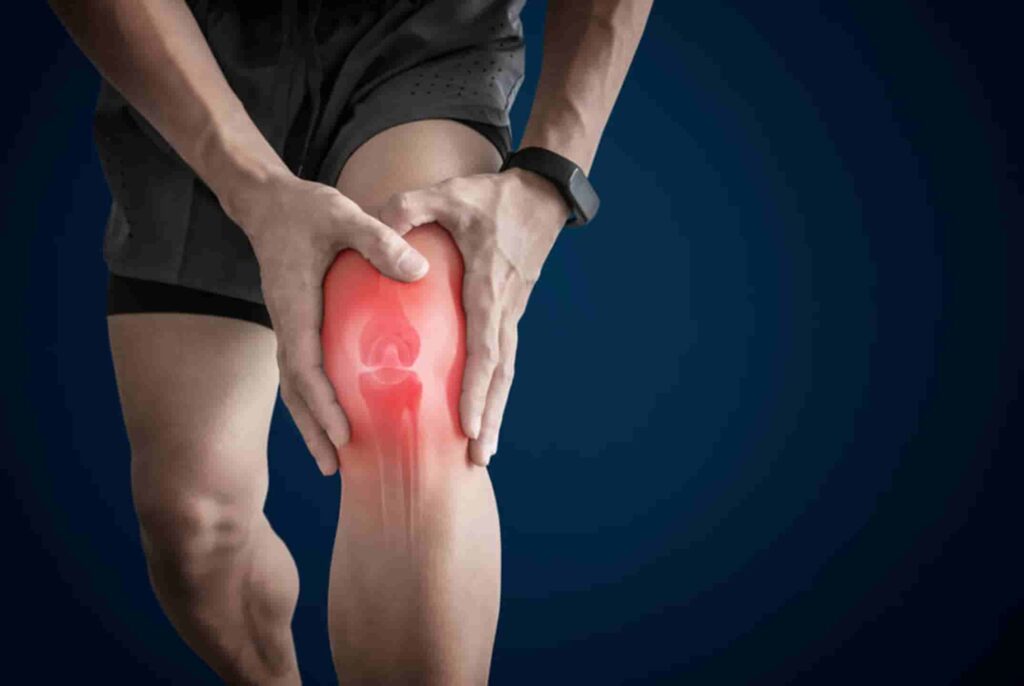The Healing Power of Medical Marijuana in Alleviating Joint Pain: A Comprehensive Exploration
Medical marijuana, once a contentious topic, is now gaining recognition for its potential therapeutic benefits in various medical conditions, particularly in managing chronic pain. Joint pain, a prevalent issue affecting millions worldwide, has become a focal point in the discussion surrounding the use of medical marijuana. In this comprehensive exploration, we delve into the science behind medical marijuana, its components, and how it interacts with the body to potentially alleviate joint pain.
Understanding Joint Pain:
Joint pain, or arthralgia, can arise from various conditions such as osteoarthritis, rheumatoid arthritis, gout, and injuries. It manifests as discomfort, soreness, or pain in the affected joints, impacting mobility and overall quality of life. Conventional treatments often include nonsteroidal anti-inflammatory drugs (NSAIDs), opioids, and physical therapy. However, these approaches may have limitations, adverse effects, and may not provide adequate relief for everyone.
The Endocannabinoid System and Cannabinoids:
To comprehend the role of medical marijuana in managing joint pain, it’s crucial to explore the endocannabinoid system (ECS) and cannabinoids. The ECS, a complex cell-signaling system, plays a vital role in regulating various physiological processes, including immune response, mood, and pain perception. The body produces endocannabinoids, which are neurotransmitters that bind to cannabinoid receptors (CB1 and CB2) in the nervous system.
Marijuana contains over 100 different cannabinoids, with the two most well-known being tetrahydrocannabinol (THC) and cannabidiol (CBD). THC is responsible for the psychoactive effects, while CBD is non-psychoactive and has gained attention for its potential therapeutic properties.
Cannabinoids and Pain Management:
Research suggests that cannabinoids may modulate pain perception and inflammation through their interaction with the ECS. THC, by binding to CB1 receptors in the central nervous system, can alter pain signals and provide analgesic effects. CBD, on the other hand, interacts with CB2 receptors, predominantly found in the immune system, influencing inflammation and immune response.
Studies have shown that cannabinoids may not only reduce the subjective experience of pain but also address the underlying inflammatory processes associated with joint pain conditions. This dual action makes medical marijuana a promising candidate for individuals seeking alternative or adjunctive treatments for their joint pain.
Efficacy in Osteoarthritis:
Osteoarthritis, a degenerative joint disease, is a common cause of chronic joint pain. Studies exploring the efficacy of medical marijuana in osteoarthritis have yielded promising results. Research published in the “Journal of Pain Research” in 2019 found that a combination of THC and CBD in a 1:1 ratio significantly improved pain and sleep quality in individuals with osteoarthritis.
Moreover, a meta-analysis published in “Therapeutic Advances in Musculoskeletal Disease” in 2020 concluded that cannabinoids could be a safe and effective option for managing osteoarthritis-related pain. However, more research is needed to determine optimal dosages, delivery methods, and long-term effects.
Rheumatoid Arthritis and Immune Modulation:
Rheumatoid arthritis, an autoimmune disorder characterized by joint inflammation, presents another area where medical marijuana may offer relief. The anti-inflammatory properties of cannabinoids, particularly CBD, may help modulate the immune response, reducing the inflammation that contributes to joint damage and pain.
A study published in the “European Journal of Pain” in 2017 explored the impact of a combination of THC and CBD on rheumatoid arthritis patients. The results suggested a significant reduction in pain and improvement in sleep quality without adverse effects. However, larger and more rigorous trials are essential to establish the long-term safety and efficacy of medical marijuana in rheumatoid arthritis.
Considerations and Potential Side Effects:
While the therapeutic potential of medical marijuana for joint pain is promising, it is essential to consider potential side effects and individual variations in response. Common side effects may include drowsiness, dizziness, and changes in appetite. THC’s psychoactive effects can also be a concern for some individuals, particularly those sensitive to its psychoactive properties.
Moreover, the legality and accessibility of medical marijuana vary globally and within different regions. Patients considering medical marijuana for joint pain should consult healthcare professionals knowledgeable about its use, potential interactions with other medications, and legal implications in their jurisdiction.
Patient-Centered Approaches and Personalized Medicine:
Given the diverse nature of joint pain conditions and individual responses to cannabinoids, a patient-centered approach to medical marijuana use is crucial. Personalized medicine, tailoring treatments based on an individual’s unique characteristics, may play a significant role in optimizing the benefits of medical marijuana for joint pain.
Healthcare providers should engage in open and informed discussions with patients, considering factors such as the type and severity of joint pain, medical history, and preferences. This collaborative approach allows for the development of personalized treatment plans that may incorporate medical marijuana alongside conventional therapies or as an alternative.
Conclusion:
The exploration of medical marijuana’s potential in alleviating joint pain underscores the need for continued research, education, and open dialogue between healthcare providers and patients. While the evidence is promising, more extensive and rigorous studies are required to establish standardized guidelines for the use of medical marijuana in different joint pain conditions.
As society evolves, and attitudes towards medical marijuana shift, it is crucial to balance enthusiasm for its potential benefits with a cautious and evidence-based approach. In the realm of joint pain management, medical marijuana holds promise as a complementary or alternative option, offering relief to individuals whose lives are impacted by chronic and debilitating joint conditions.

Dr. Nicholas Marsh has been a respected board-certified anesthesiologist in Northern Virginia for over 35 years. Recognized as a top doctor by FindaTopDoc.com, his vision for providing top-quality medical services is driven by his passion for patient comfort and dignity.

